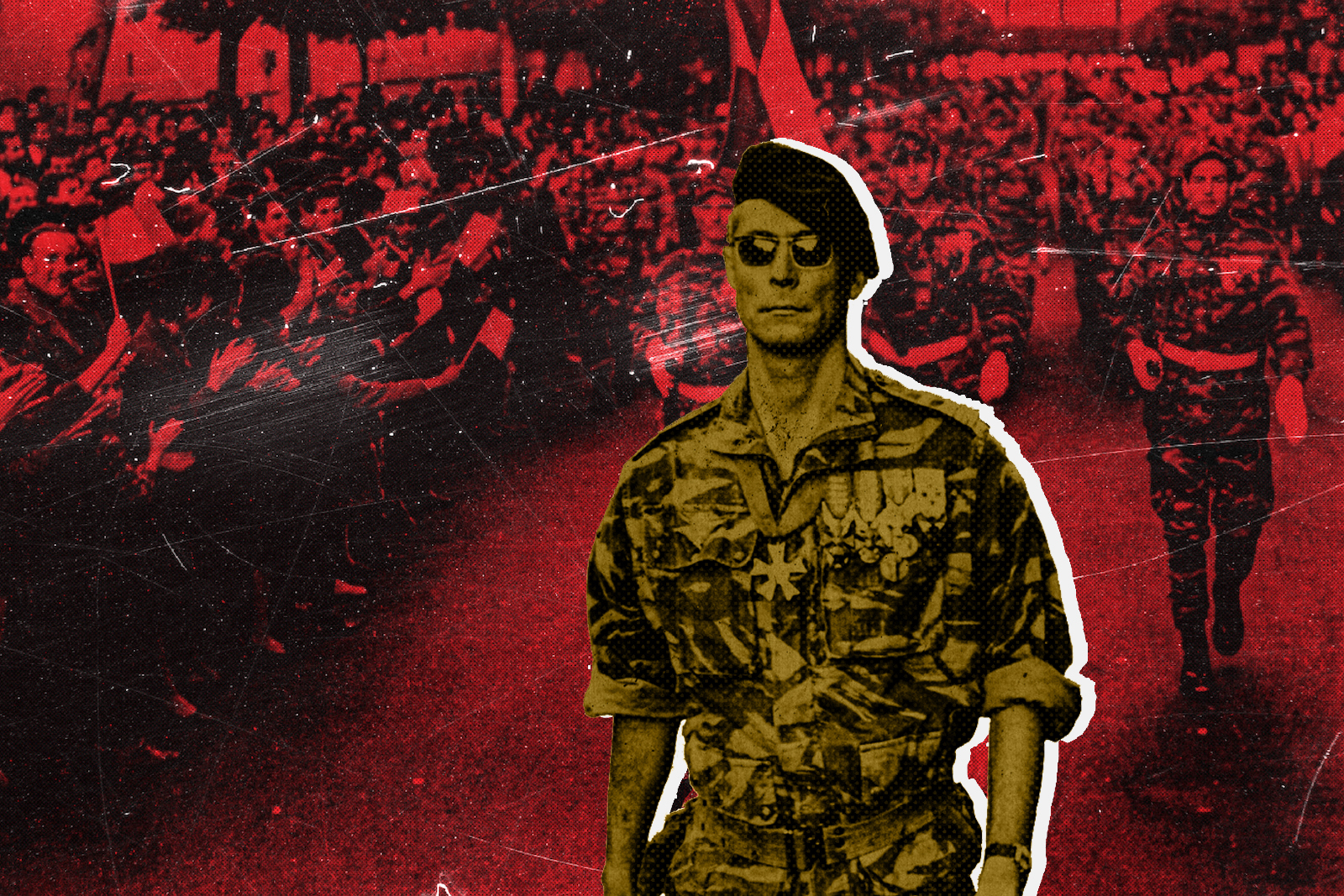
France Can’t Erase its Legacy in Algeria
Bloodshed, warfare, and independence. What did you just think of? There’s a high probability you connected these words to Russia’s unprovoked war in Ukraine. How couldn’t you? Every day, the horror and barbaric acts of the war can’t escape our minds. But because the media has explored Ukraine in great depths, I wanted to bring up an untold topic that also fits the first three words: Algeria.
The Algerian story is long, complex, and well-deserving of an in-depth analysis. Here’s a brief recap. In 1830, the French established a brutal rule in Algeria and effectively colonized the Muslim society. Apartheid and France’s minority governance struck terror on the population until the late 20th century. Algerians were kicked out of their own institutions and deprived of education. France even destroyed their culture, waging war against mosques.
In 1954, things changed. Revolutionary bodies arose, and the National Liberation Front (FLN) launched a campaign promoting democracy and Algerian independence. Armed uprisings pulsed throughout the country, but France built a 500,000-soldier military to crush them. The French military killed and tortured hundreds of FLN members. Then, they entrapped Algerian citizens by erecting a barbed-wire fence around the border. Finally, after a few military incursions, France gave into negotiations and granted Algeria independence. In total, around 1.5 million Algerians died.
This year marks the 60th year since the atrocity. And yet, remnants of the massacre continue to haunt Algerians. The over 17 French nuclear tests conducted in Algeria have left 42,000 Algerians dead — and still dying – from radioactivity.
In 2005, France passed a law that applauded cruel colonization in Algeria. However, in 2017 and 2018, President Emmanuel Macron described colonization as a “crime against humanity.” This was a huge step forward, even though it should’ve been a common-sense step. Progress then backtracked. An official report refused to acknowledge France’s actions as “crimes against humanity” and refused to use the word “repentance.” France needs to accept its historical wrongdoings. These acts of resistance call into question the integrity and morality of the French government.
As Algerians demand a return of their cultural archives, Paris rejects their requests. In effect, Paris is continuing colonial-style cultural eradication. Thousands of books, texts, and artifacts belong to Algeria, yet France withholds them with no justification. Little does Paris know: Algeria’s pitiful history is so potent that it can never be forgotten.
To transcend its colonial mistakes, France must provide financial reparations to Algeria. During decades of resource, financial, and labor exploitation, France profited at the expense of Algerian economic growth. Today, Algeria suffers from the symptoms of acute poverty. France can repay its debt to Algeria by promoting economic growth and poverty mitigation.
The war dominates the political sphere too. Marine Le Pen, the perpetual presidential candidate, attacked apologetic statements to Algeria, preferring the “pride of being French.” Many other right-wing politicians have denied France’s brutal atrocities as well. Although Le Pen lost the election, she received an alarmingly large number of votes. The French public’s willingness to overlook racist and genocidal acts is problematic for the future.
No one doubts that France has blood on its hands. But in a world where the autocratic appetite for genocide grows, we must study our leader’s statements. If popular politicians like Marine Le Pen refuse to recognize Algerian injustice, what does that say about their position on Ukraine or China’s Uyghurs? The ghosts of Algeria will forever haunt France but also illuminate how politicians will treat similar crises in the future.

